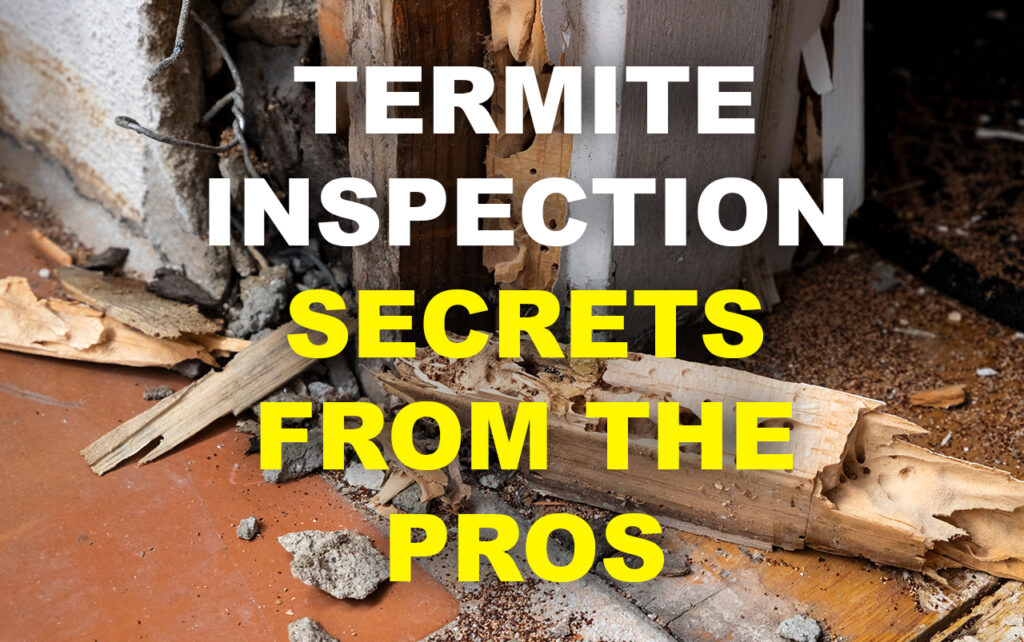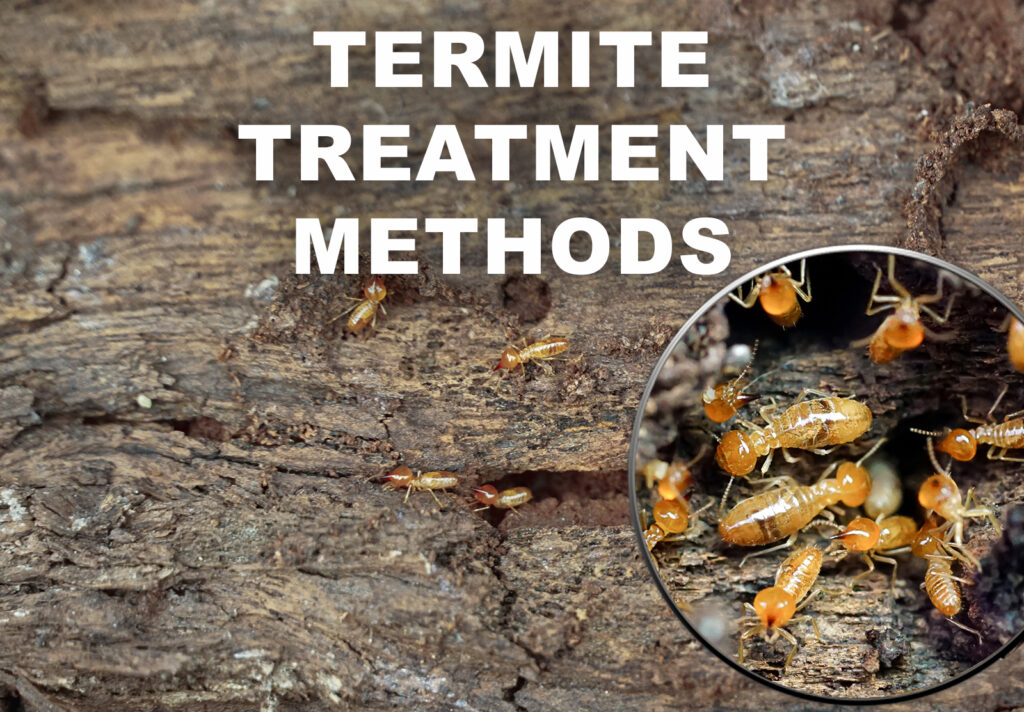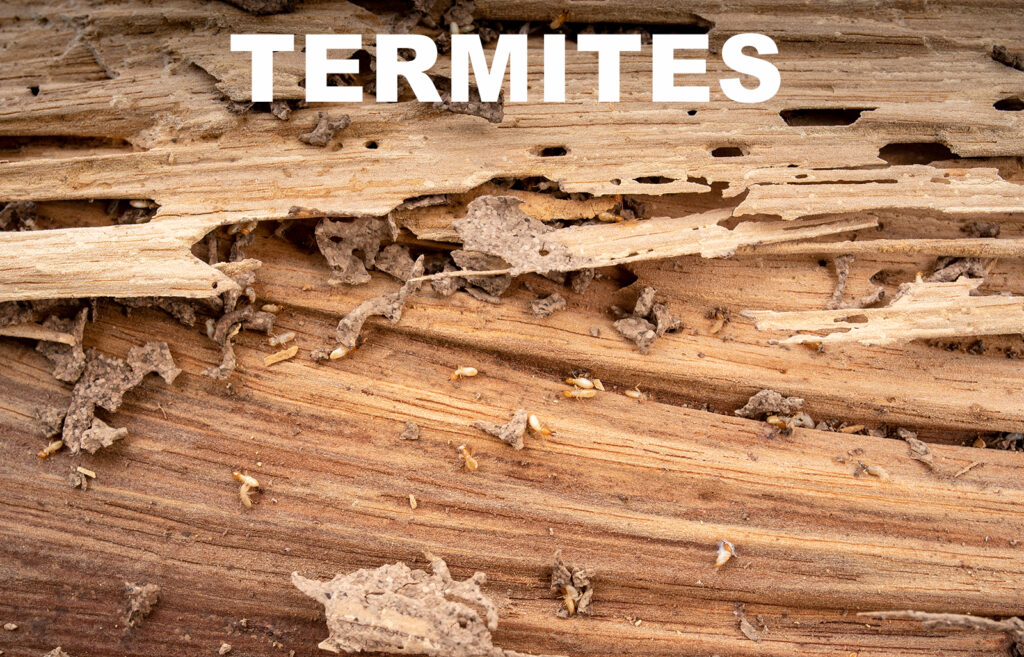
Termite Inspection Secrets from the Pros
Termites are a scary thought for any homeowner, but it’s something that must be addressed sooner rather than later before they are allowed to cause serious damage to property. A termite inspection by a professional company will not only be beneficial in detecting and treating existing termite problems, but it will also help to prevent them in the first place. Below is some basic knowledge about termite habits that inspectors use to help homeowners win the battle against these ruinous pests.
How Termites Get Inside
Understanding how termites infiltrate your house, to begin with is a good place to start your prevention tactics. The two most common types of termites, subterranean and drywood, have different methods of getting inside. Subterranean colonies make their nests underground and commonly find their way into a home through cracks in the foundation, wood-to-ground contact, and mud tubes that they build to travel from the soil up to higher entry points. Drywood swarmers will sneak in through any opening they can find and actually create their colony wherever they’ve decided to settle. They can also unknowingly come in by making the journey on furniture or other objects made of wood.
Where to Look For Termites
Termites generally prefer places that are moist and shaded. A termite inspection will primarily focus on those areas of the house that have little sunlight and temperature conditions that are conducive to harboring these wood-eating pests. Crawlspaces, attics, basements, plumbing pipes, and wood materials found in the yard, especially those that get wet from sprinklers, bad drainage, or heavy rain, are particularly susceptible to termite activity.
Is Your House Safe?
Termites are more likely to find your home to be the perfect hiding spot and an excellent source of food and water if it has leaky pipes, poor ventilation, foundations with crevices (no matter how small), wood that is physically touching the soil, standing water around the yard (gutters, fountains, etc.), lumber and/or mulch that is kept too close to the house and old tree stumps that are allowed to hang around outside. Whenever possible, make sure wood surfaces are treated and outdoor areas are kept fairly dry.
Termites can take many years to detect if homeowners try to do it on their own. This is why your professional termite inspection is so critical to the preservation of your property. If any evidence of termites is found, trained pest control specialists should be called in immediately.









